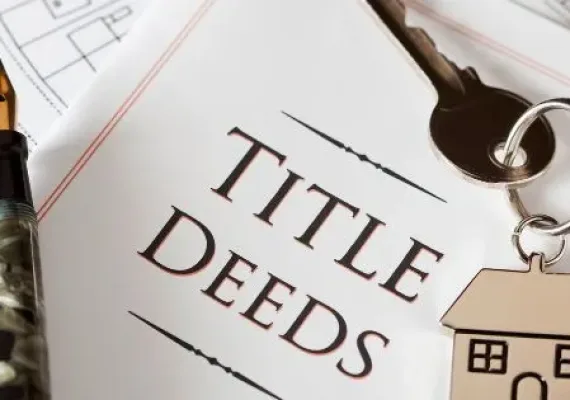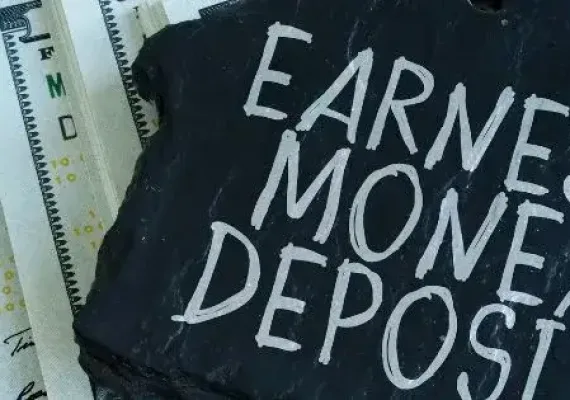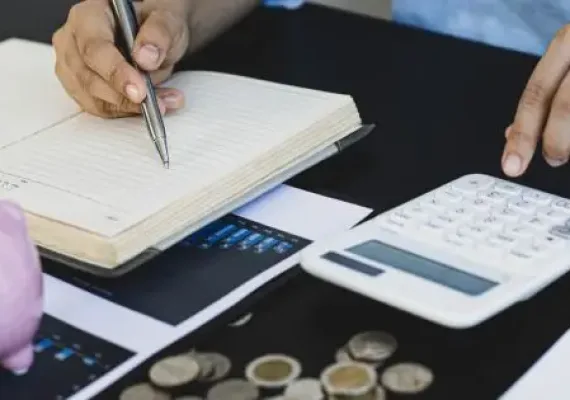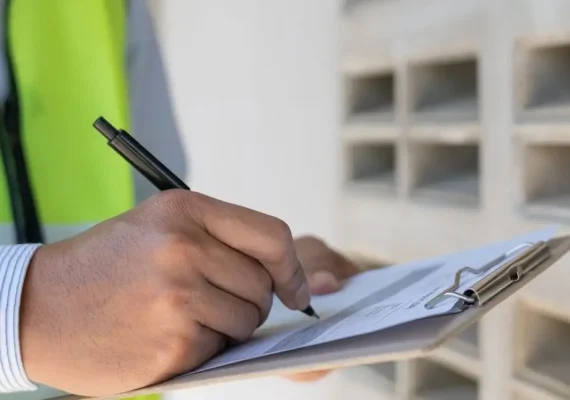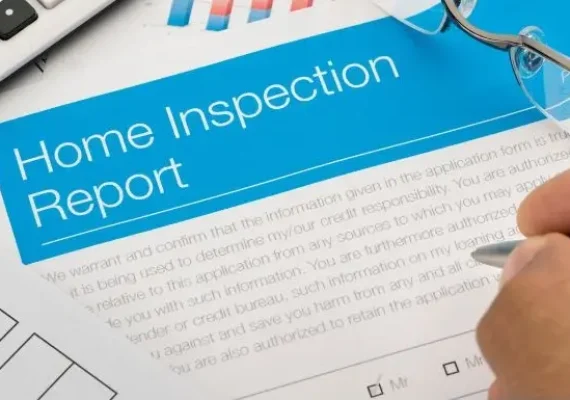Buying a home is an exciting journey, but it can also be overwhelming. One of the first steps to make this process smoother is getting pre-approved for a mortgage. This crucial step not only gives you a clear idea of your budget but also shows sellers that you’re a serious buyer. Let’s walk through a comprehensive checklist to help you prepare for your mortgage pre-approval.

What is Mortgage Pre-Approval?
Before we dive into the checklist, let’s clarify what mortgage pre-approval means. It’s a process where a lender reviews your financial information and provides an estimate of how much they’re willing to lend you. This isn’t a guarantee of a loan, but it’s a strong indicator of your borrowing power.
A mortgage pre-approval is like a financial passport in the home-buying world. It opens doors and gives you credibility with sellers.
The Pre-Approval Checklist
Gather Your Personal Information
- Full legal name
- Current address
- Social Security number
- Date of birth
- Marital status
- Number of dependents
Collect Employment and Income Documents
- Pay stubs for the last 30 days
- W-2 forms for the past two years
- Federal tax returns for the past two years
- If self-employed:
- Profit and loss statements
- Balance sheets
- Business tax returns for the past two years
Prepare Your Asset Information
- Bank statements for the past two to three months
- Investment account statements (401(k), IRA, stocks, bonds)
- List of other assets (cars, property, valuable collections)
Debt and Liabilities Overview
- List of current debts (credit cards, student loans, car loans)
- Monthly debt payments
- Alimony or child support payments (if applicable)
Additional Financial Documents
- Rental history for the past two years (if you’re currently renting)
- Gift letters (if you’re receiving money from family for the down payment)
- Explanations for any credit issues or unusual credit report items
Is something missing from this list? There is no standard document requirement for the industry. Different lending institutions may require other documentation. Connect with your lender to ensure you have provided all necessary documents for pre-approval.
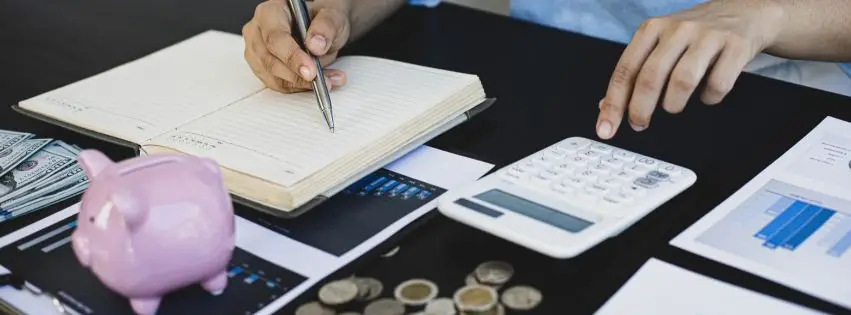
Tips for a Smooth Pre-Approval Process
- Check Your Credit Report
Before applying for pre-approval, it’s wise to check your credit report. You can get a free copy annually from each of the three major credit bureaus. Review it for any errors and dispute them if necessary.
- Pay Down Debts
Lenders look at your debt-to-income ratio. If possible, pay down some of your debts before applying for pre-approval. This could improve your chances of getting a better interest rate.
- Save for a Down Payment
While you’re gathering documents, continue saving for your down payment. The more you can put down, the better your loan terms might be.
- Be Honest and Thorough
Transparency is key during the pre-approval process. Don’t hide any financial information from your lender, as this could cause problems later.
- What Happens After Pre-Approval?
Once you’re pre-approved, you’ll receive a letter stating the amount you’re approved for, which is typically valid for 60 to 90 days. This letter can give you an edge when making offers on homes.
A pre-approval letter is like a golden ticket in the home-buying process. It shows sellers you mean business.
Remember, your financial situation should remain stable between pre-approval and closing on a home. Avoid making large purchases or changing jobs during this time, as it could affect your loan approval.
Common Mistakes to Avoid During Pre-Approval
Even the savviest home buyers can stumble during the pre-approval process. Here are a few pitfalls to watch out for:
- Applying with only one lender – shop around for the best rates!
- Forgetting to review your credit report for errors
- Making large purchases or opening new credit accounts during the pre-approval process
- Underestimating your expenses or overestimating your income
Conclusion
Mortgage pre-approval might seem like a hassle, but it’s a crucial step in the home-buying process. It gives you a clear picture of your borrowing power, strengthens your position as a buyer in a competitive market, and can help streamline the final loan approval process. Before you start browsing those real estate listings, take the time to get pre-approved – your future self (and your future home) will thank you!
Following this checklist and gathering all necessary documents beforehand will prepare you for a smooth pre-approval process.
Happy house hunting!
For more house buying and selling tips, consider exploring Real Estate News & Tips or subscribing to our newsletter.
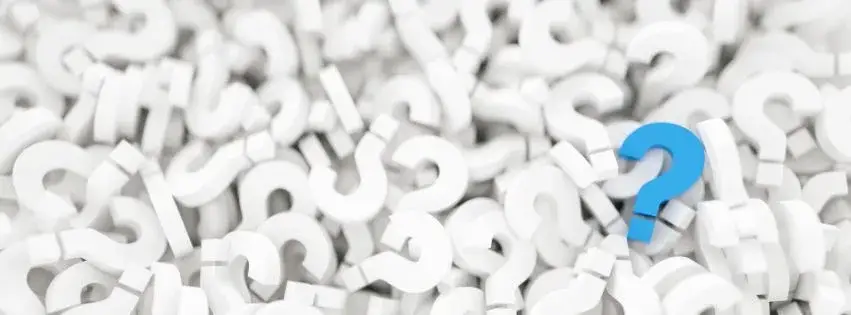
Recipe FAQs
Can I get pre-approved if I'm self-employed?
Yes, but you may need to provide additional documentation, such as tax returns for the past two years and profit and loss statements.
Will getting pre-approved hurt my credit score?
The initial credit check for pre-approval is typically a “soft pull” that doesn’t affect your credit score. However, if you apply with multiple lenders over an extended period, it could impact your score.
What if I get pre-approved for less than I wanted to borrow?
You can try improving your financial situation (e.g., paying down debt, increasing your income) and reapplying later, or you might need to adjust your home-buying budget.
Is pre-approval a guarantee that I'll get the mortgage?
No, it’s not a guarantee. Final loan approval depends on factors like the home appraisal and any changes in your financial situation.
Should I get pre-approved before I start looking at houses?
Ideally, yes. Getting pre-approved first can save you time and disappointment by helping you focus on homes within your budget.


